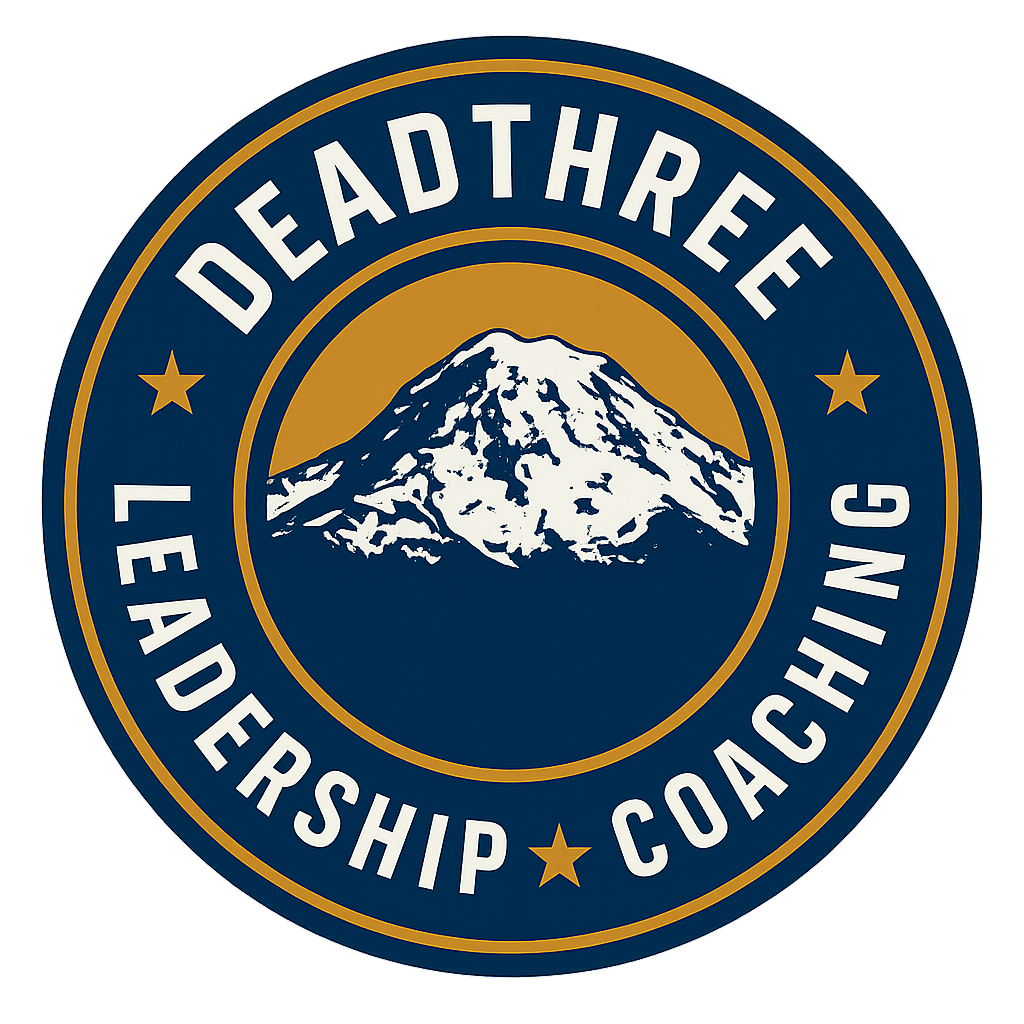Why Systems Beat Goals: The Secret to Winning Every Day
Tim Ferriss drops a bold statement in Tools of Titans:
"Losers have goals. Winners have systems."
That might sound harsh at first. After all, aren’t goals the foundation of success? But if you really think about it, Ferriss is onto something powerful.
Because here’s the reality: Everyone has goals. Every company wants to dominate its industry. Every athlete wants to win championships. Every salesperson wants to close more deals. Every entrepreneur wants to hit a revenue milestone.
But what separates the great from the average isn’t the goal itself—it’s the system behind the goal. Goals are just a destination, but systems are the engine that actually get you there.
So, are your daily systems aligned with your desired outcomes? Or are you just hoping your goals will magically become reality?
The Difference Between Goals and Systems
You know what? Goals are useful. They provide direction, a North Star. They define what’s important and give you something to aim for. But goals alone don’t create success.
Systems, on the other hand, are the daily disciplines, the repeatable processes, the execution strategies that actually move the needle.
Think about it like this:
✅ Goals tell you where you want to go.
✅ Systems determine whether you’ll actually get there.
Imagine two basketball teams. Both have the same goal: win a championship. But one team just talks about wanting to win, while the other has a system—structured practices, film study, strength training, nutrition plans, mental conditioning. Who’s more likely to succeed?
It’s the same in business. Every company wants more clients, more revenue, more success. But the companies that thrive are the ones that build systems—clear sales processes, marketing funnels, client onboarding strategies, repeatable habits that drive growth.
Because at the end of the day, goals don’t separate the great from the good. Execution does.
Why Systems Matter More Than Motivation
Let’s be real: Motivation fades. Anyone can set a goal and feel fired up in the moment. But without systems, that motivation dies when things get tough.
This is why championship teams don’t just rely on pre-game speeches. They rely on disciplined systems that keep them locked in even when the excitement wears off.
Think about your own life.
Do you rely on willpower to get things done, or do you have a system that ensures progress?
Do you wait until you "feel like it," or have you built habits that make execution automatic?
Because here’s the thing: Winners don’t leave success up to chance. They design systems that guarantee it.
Three Actions to Start Winning with Systems Today
So how do you shift from being goal-oriented to being system-driven? Here’s where the real work begins.
1️⃣ Define the daily disciplines that will move you toward your goal.
If you want to get in shape, don’t just aim to "lose 20 pounds"—create a system of workouts, meal prep, and accountability.
If you want to grow your business, don’t just hope for more clients—design a lead generation system, an outreach schedule, and a follow-up process.
2️⃣ Make your system repeatable and measurable.
Your system should be something you can execute consistently, track progress on, and refine over time.
3️⃣ Commit to the system, not just the outcome.
Success isn’t about waiting for the finish line—it’s about showing up and executing, day after day.
Are You Focused on Goals or Systems?
Tim Ferriss makes a crucial distinction between people who set goals and people who win. And the difference is this: Losers rely on goals. Winners build systems.
So ask yourself—are you building the systems that will take you where you want to go? Or are you just hoping your goals will work themselves out?
Because success isn’t about what you want. It’s about what you do every day.
Join a Community of Leaders Who Execute
If you’re ready to stop setting empty goals and start building real systems for success, join our community of high performers. Let’s build the habits and processes that separate the great from the good.
